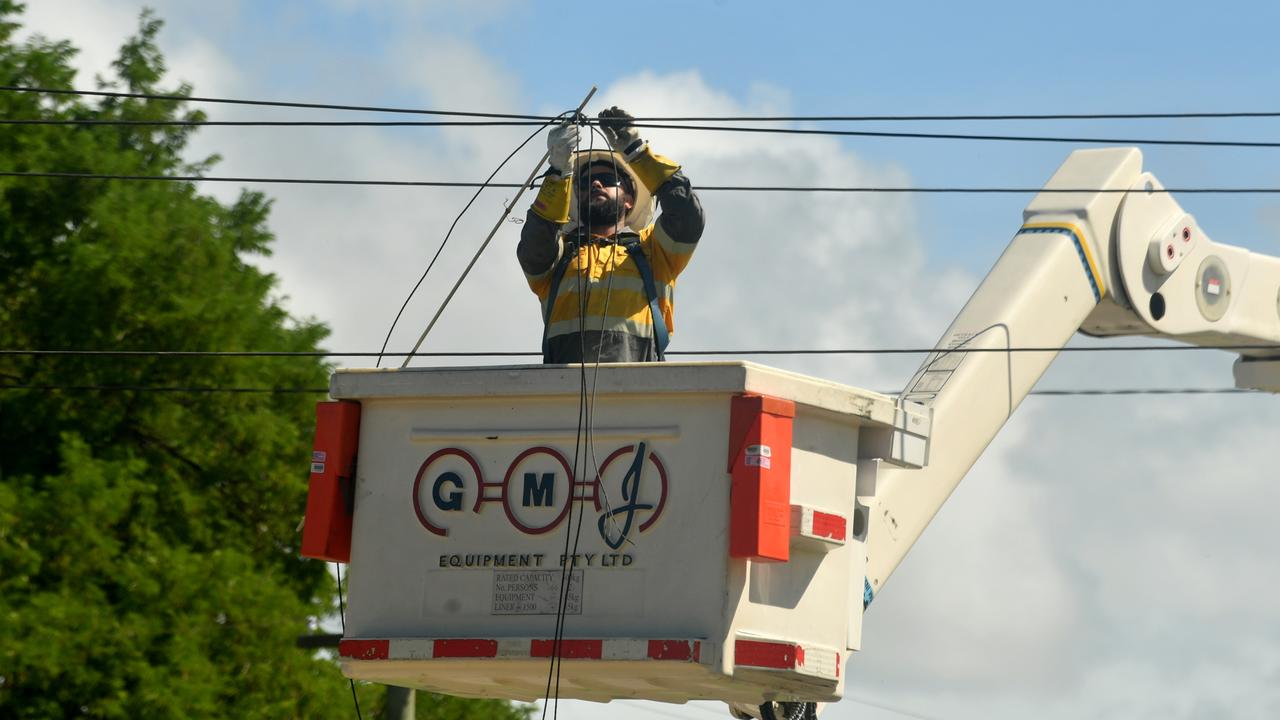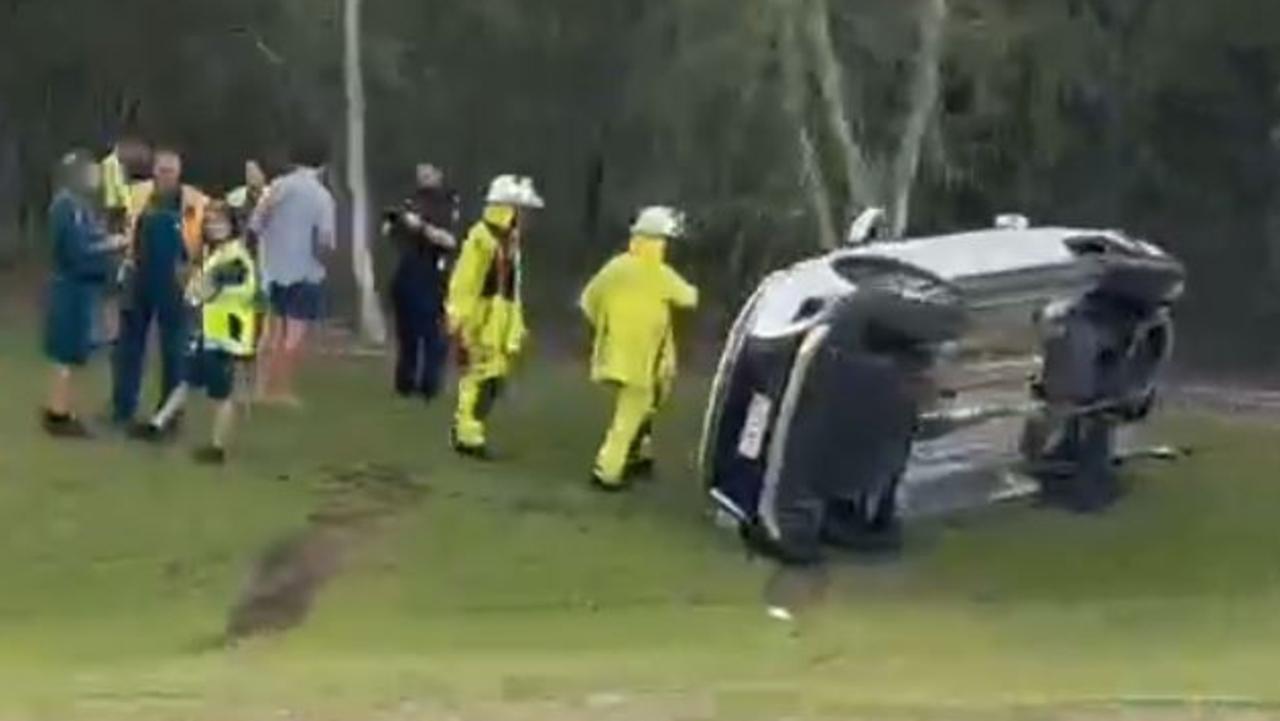Dr Steven Donohue says vaping health impacts on teens a major concern
A man with emphysema says vaping helped him stop smoking, but a doctor says the evidence the electronic devices are dangerous continues to mount.
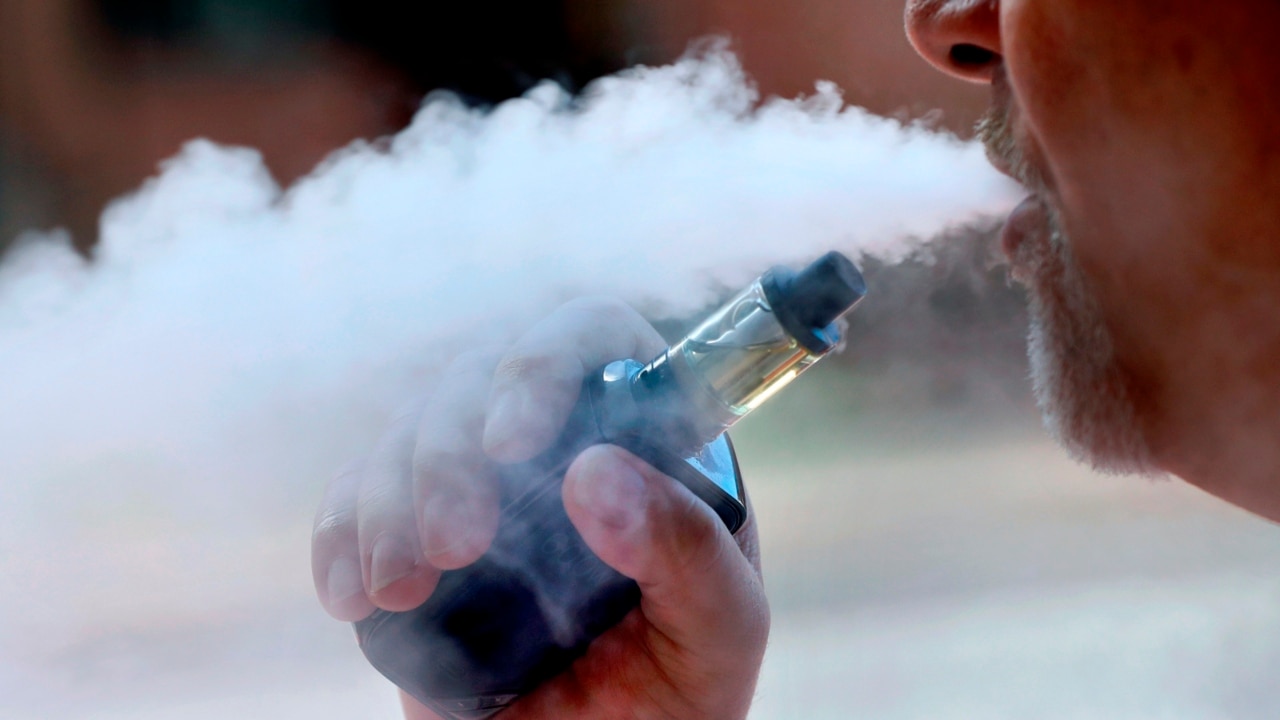
Townsville
Don't miss out on the headlines from Townsville. Followed categories will be added to My News.
A two-pack-a-day smoker with emphysema tells MPs vaping helped him quit cigarettes, as parliament investigates vape use in Queensland.
The Health and Environment Committee were in Townsville on Wednesday as part of an inquiry into reducing rates of e-cigarette use in Queensland.
Bob Elliott told the committee he smoked two packets of cigarettes a day for 38 years.
“That was killing me.”
Mr Elliott was diagnosed with emphysema, and spoke to the owner of a vape store in Townsville, as nicotine patches, gum and other medication did not work for him.
Mr Elliott got a legal reusable vape device, says he has not had a cigarette for five years and planned to give up the vape soon as well.
“I’m not coming up here saying vaping is a good thing. But it helped me,” Mr Elliott told the committee.
It is illegal for a store to sell a disposable nicotine vape in Queensland, however they are readily available. Shops can legally sell rechargeable and refillable vape devices and flavoured juices, and a user can get a prescription for nicotine juice, which they mix in with the flavoured juice, like Mr Elliot did.
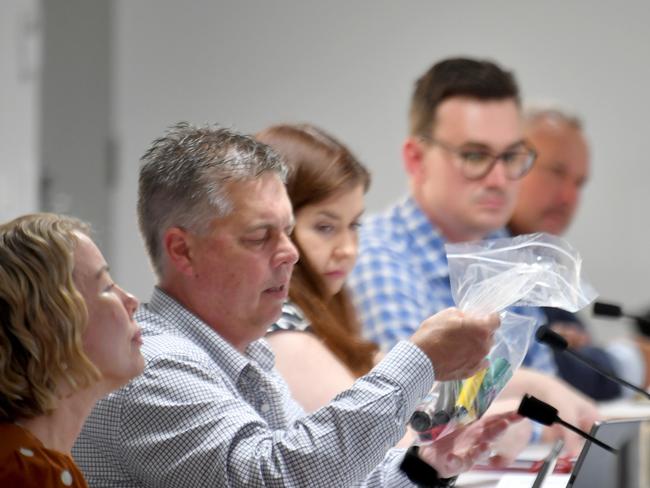
Director of Townsville’s public health unit, Steven Donohue, said he was the first to congratulate someone who had quit smoking, but his major concern was the health effects for teenage vapers in 20 years time.
Vaping was a gateway to smoking, he said.
The evidence was in, Mr Donohue said; vaping was harmful for the lungs and heart, and children who vaped were three times more likely to smoke.
“The medical evidence is accumulating and it’s very strong.”
“I would prefer for it (vapes) to be made to taste like rubber or burnt toast,” Mr Donohue said.
There were simply not enough laboratories in Queensland to test whether disposable vapes contained nicotine, he said, which could then lead to a shop being fined or closed.
Nicotine is a central nervous system stimulant. Mr Donohue said teenagers were particularly susceptible to that stimulation.
He likened vaping versus smoking to playing Russian roulette with two bullets versus three.
Mr Donohue wanted the dangers of vaping incorporated in school curriculums, and regulations “with teeth” so illegal sellers were punished.
Deven Sporn, who works at the Townsville vape store, said at least 50 reports of illicit vape stores he had made to government departments had fallen on deaf ears.
The biggest driver of kids vaping was social media, Devon said.
“There’s kids, 12, 13, at high schools vaping.”
“All the stores will sell it to them. They don’t care, it’s cash … I’m sure we could underhandedly sell them, but at what cost?”
No More Butts is a non-profit which aims to reduce cigarette waste contaminating the environment, and its executive director Shannon Mead also spoke at the hearing.
Based on the estimated figure of 250,000 Queenslanders vaping, that could mean up to 750,000 lithium ion batteries went to landfill every week, Mr Mead said.
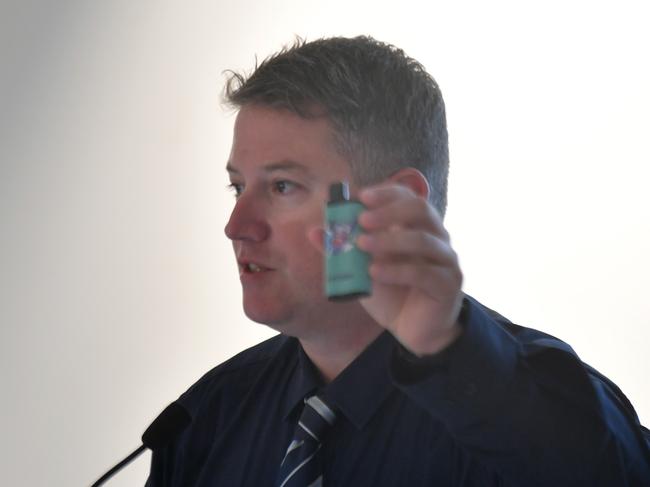
There were very few disposable vape recycling programs in Australia, he said.
“Townsville residents can recycle 20 TVs a year, but not vapes.”
The batteries in vapes leach into the environment, and jurisdictions such as Germany, Scotland and New York State have introduced or are debating laws to ban single-use vapes.
The Health and Environment Committee will report on its vaping inquiry by August 31.
More Coverage
Originally published as Dr Steven Donohue says vaping health impacts on teens a major concern




